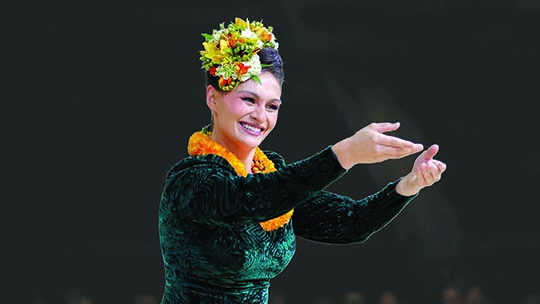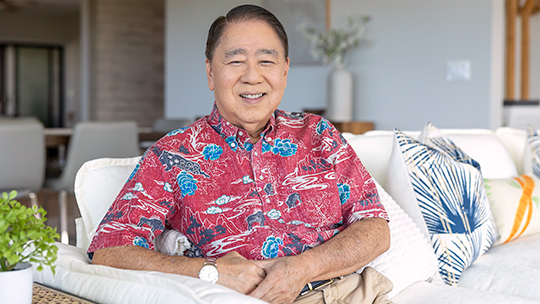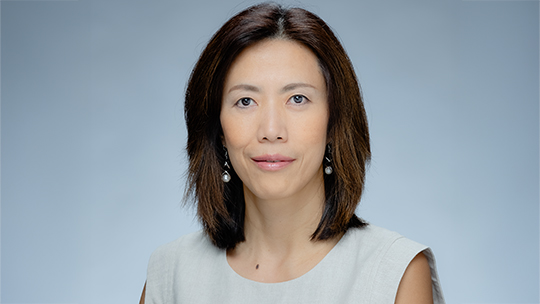The body that we're born with or that develops over time isn't laways the one we want. Some go to great lengths to transform what they’ve been given, while others grow into what they have. And then there are those who make the most of what they have in spite of limitations.
No matter what path you’ve chosen, it’s important to be comfortable with who you are. Because how you feel about yourself is even more important than how you look.
Keeping the faith
At 245 pounds, Rachel Wela was content with the way she looked. “Even my husband told me that he loved me just the way I was,” she says.
But Wela knew that being overweight wasn’t healthy. She got sick all the time and had pain from carrying extra weight, making it hard to do simple everyday activities. Her doctor said she was on the verge of high cholesterol, high blood pressure, and diabetes.
When she turned 30, she made a lifestyle change. She started weight training, doing cardio exercises, and eating healthier. Within two years, she lost more than 100 pounds and developed muscle tone and a shapely physique that she now maintains through exercise and healthy eating.
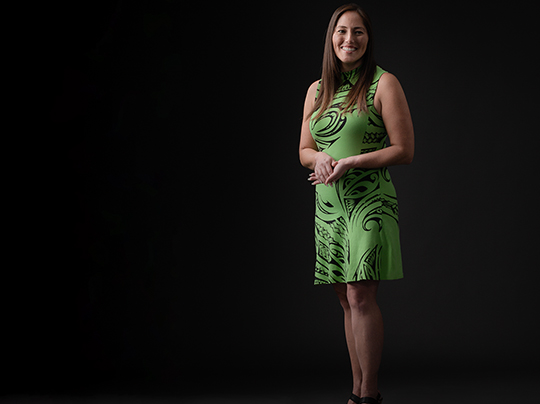
Although Wela’s lifestyle transformed her into a healthier person, it didn’t change the person she is inside. “Because of my strong faith in God and knowing my identity, it doesn’t matter if I look big or small,” she says. “Having self-worth is more important to me than having a nice body.”
Girl power
As a young boy, Rachel Ann always knew she was different. At age 3, her uncle asked what she wanted to be when she grew up. She responded that she wanted to be a flower. “I wasn’t comfortable with who I was,” she says. “I wasn’t myself.”
In high school, Ann started transitioning to the young woman who was inside her. She started growing her hair long and wearing dresses and makeup. Her last hurdle was walking the procession with the boys at her Pearl City High School graduation.
“I cried when I had to wear a suit under my graduation gown,” she says. “I didn’t want to attend the ceremony, but I did it for my family.”
She changed her name from Thomas to Rachel and underwent gender reassignment surgery. “It’s when my life started,” she says. “It was very empowering.”
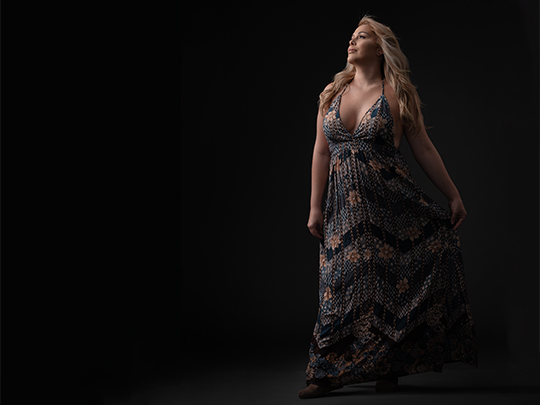
Ann says her gender isn’t an issue with family and friends. “I live my life unapologetically.”
Her advice to young people who may be experiencing similar issues with their identity? “Work on yourself first so you can feel good both on the inside and outside. Then everything else will follow,” she says.
Bad breakup, better body
Throughout school, Christian Valenzuela was always known as the nice chubby kid.
He ate what he wanted and as much as he wanted. After his dad died, he used food to deal with the loss and grief. “Eating was my sanctuary,”
he says.
Even his doctor’s advice to lose weight and Mom’s tough-love approach of calling him “fatso” wasn’t enough for Valenzuela to change. “I was content and told myself to embrace and be proud of my body,” he says. “But I was in denial of how unhealthy it was. I felt gross and unhappy.”
After a rough breakup with his girlfriend, Valenzuela decided he didn’t want to hide under oversized dark clothes anymore. “I thought I’d never find someone else. Who’d want to date a chub like me?” he says.
At 250 pounds, Valenzuela started running in his ‘Ewa Beach neighborhood to shed the weight. At first, he couldn’t run a block without stopping. He increased his distance every day until he could run five miles. He also started weight training and eating healthier and smaller portions. He lost 90 pounds in six months.
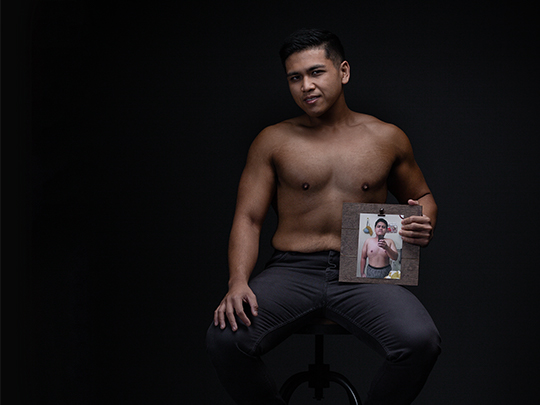
Valenzuela now doesn’t go a day without exercising and hopes others can achieve a body they feel more comfortable in. “I feel free now,”
he says.
Natural beauty
Staying true to the traditions of hula matter more to kumu Mapuana de Silva than the color of her hair.
When de Silva’s hair started turning gray, she didn’t think for a moment about covering it up. “I’m the kind of person that what you see is what you get,” she says.
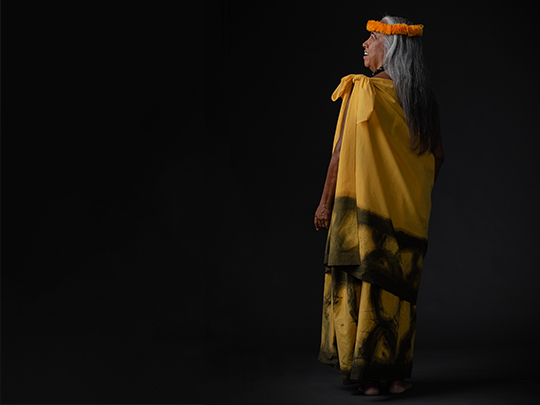
Keeping her natural hair color also keeps her connected to her Hawaiian culture. During traditional ceremonies, her dancers aren’t allowed to wear nail polish, makeup, or jewelry. And she removes her jewelry when called on stage to chant or dance kahiko. “As a dancer, it’s important to be comfortable with how you look and feel without accessories because it’ll express the hula in the best way possible,” she says.
She’s even inspired some of her dancers to stop coloring their hair. “They say it’s changed their life. They feel free and more empowered because that’s who they are,” she says.
After more than 40 years as a kumu (hula teacher), de Silva says the color of her hair hasn’t slowed her down. “It doesn’t age me because I feel younger than my 70 years,” she says.
A leg up in life
When Eric Welton lost his left leg in a motorcycle accident 12 years ago, he thought he’d spend the rest of his life in bed. But the North Shore resident is doing more today than he thought he’d ever do.
“Before my accident, I was a self-absorbed alcoholic,” he says. “Losing a leg definitely sparked something in me to change.”
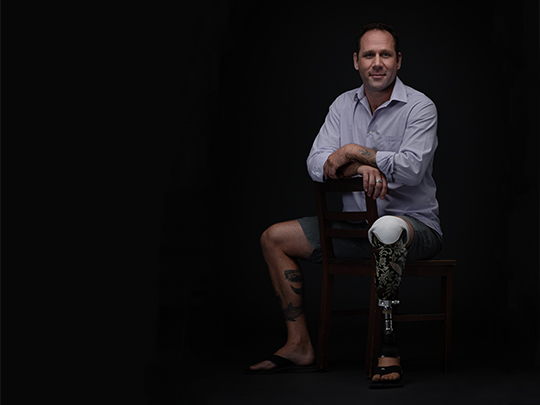
Welton competes in triathlons, skydives, surfs, stand-up paddles, practices Pilates, and is getting his pilot’s license—all with the help of a prosthetic. A recent University of Hawai‘i graduate in mechanical engineering, he started a prosthetics business, giving other amputees similar opportunities in life.
He started an amputee support group and volunteers with AccesSurf, a nonprofit organization that teaches ocean sports to people with a disability. “I volunteer to give back, but they give me so much more in return with their positive energy.”
Welton shows that just because there may be setbacks in life, the game’s not over.

